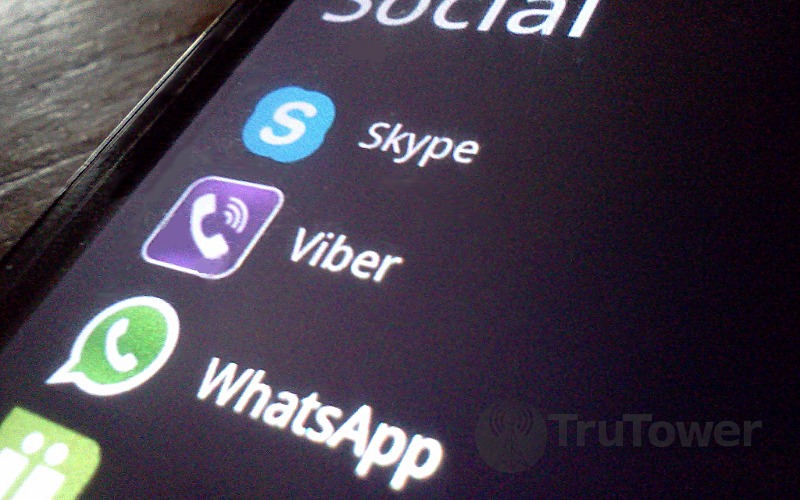It’s not going to block access to VoIP services, but the government of Gambia is taking strides to ensure that the revenues of its carriers are protected. The country’s PURA (Public Utilities Regulatory Authority) has outlawed the selling of VoIP services “out of Internet cafés and other places.”
This report comes from IT Web Africa (via The Next Web), who posted a statement from the company regarding its stance on VoIP services such as Skype and Viber in the country:
It has come to its notice that there are companies and/or individuals operating through Internet cafés and offering dating services and Voice over Internet Protocol (VoIP) services as a commercially available service to the public in The Gambia. Therefore, all are hereby informed that such practices are not authorised.
Furthermore, PURA wishes to make it abundantly clear that the offering of ‘international and national Calling Services’ within Internet cafes using VoIP services (Viber, Skype, etc) is strictly prohibited.
Anyone who is engaged in this activity is depriving the country of the much needed revenue from international and national calls, required for the development of The Gambia.
PURA’s stance is parallel to claims that the increasing use of mobile VoIP and messaging services is causing carriers to lose voice and text messaging revenues, though the VoIP and messaging services themselves have stated that such claims were false under the premise that mobile users would invest more in mobile data offered by the carriers.
These assurances by calling and messaging app providers haven’t swayed a few countries, however. Ethiopia outlawed Skype and VoIP services last year to protect local carrier revenues, and Saudi Arabia banned VoIP services in an attempt to bolster national security.
It’s likely this back and forth between these apps and the carriers will continue for some time, though we are seeing signs of carriers adapting to the popularity increase of these apps and signing revenue sharing deals in some areas. Still, it’s going to be an uphill battle in some parts of the world for mobile apps to convince the carriers of their long-term value.

